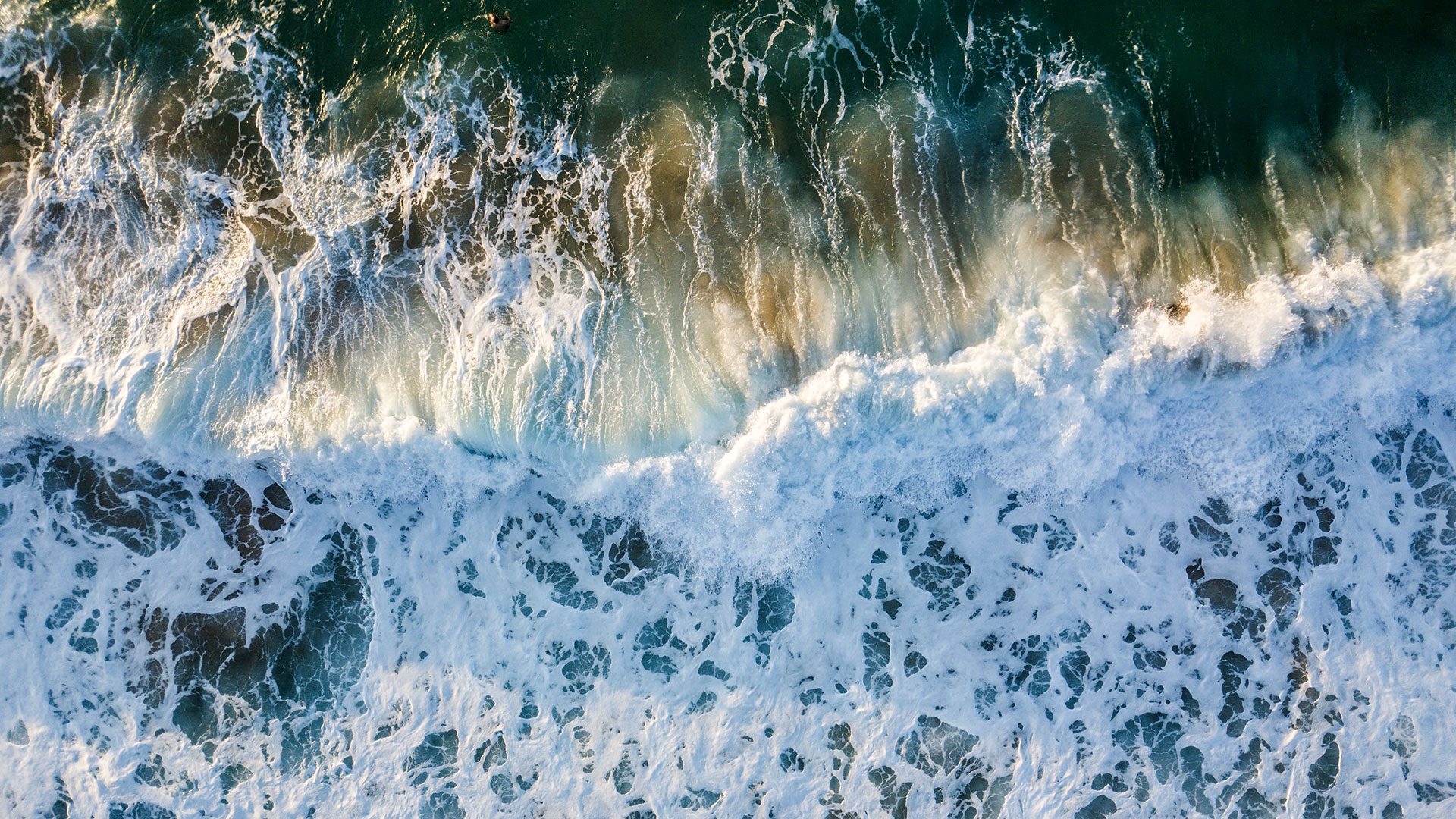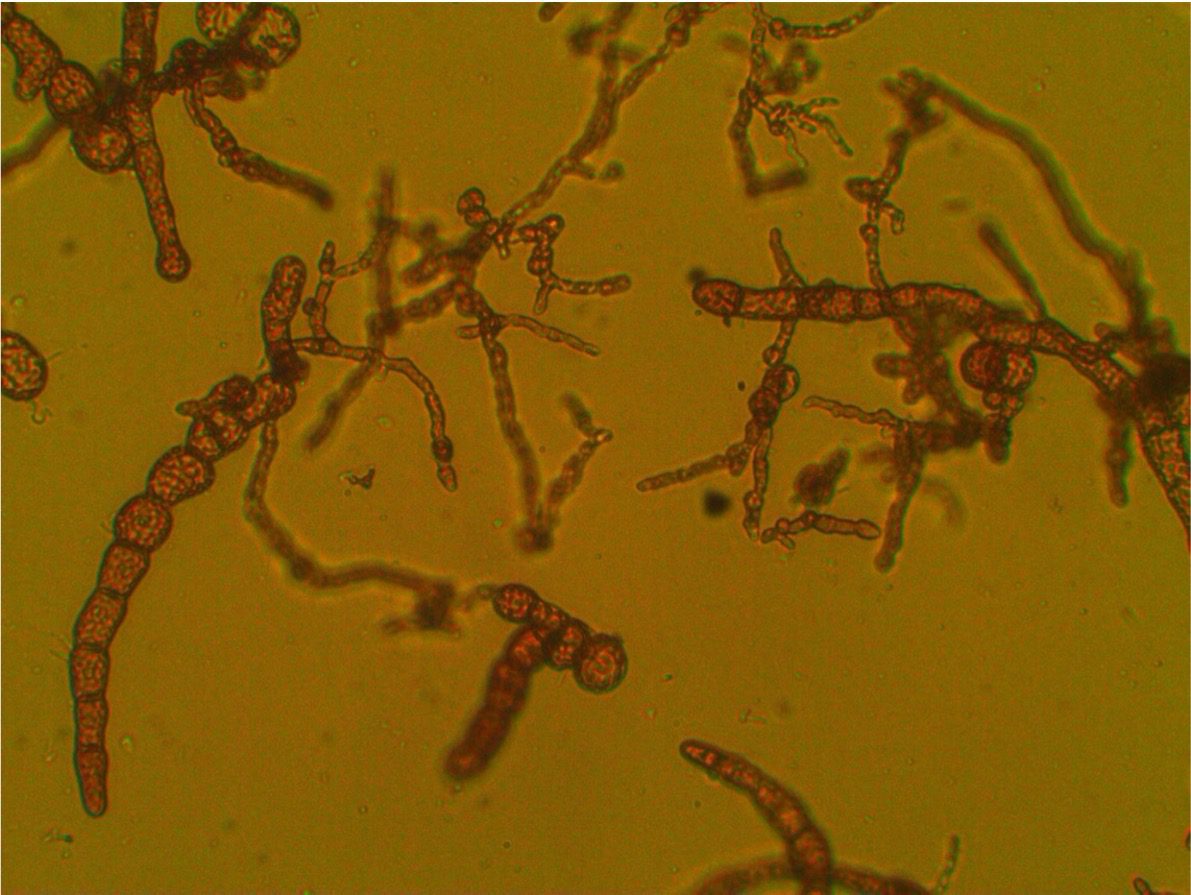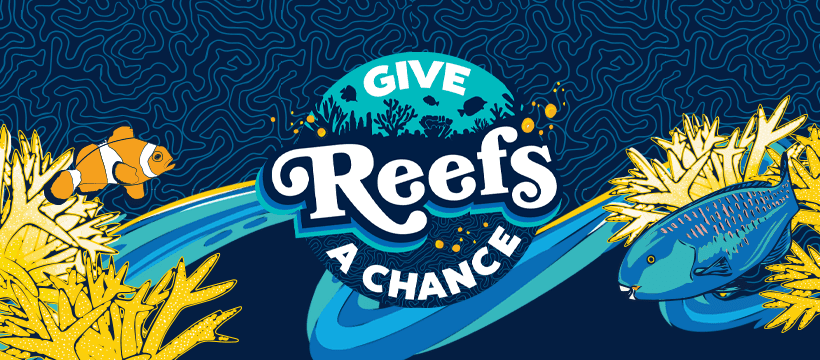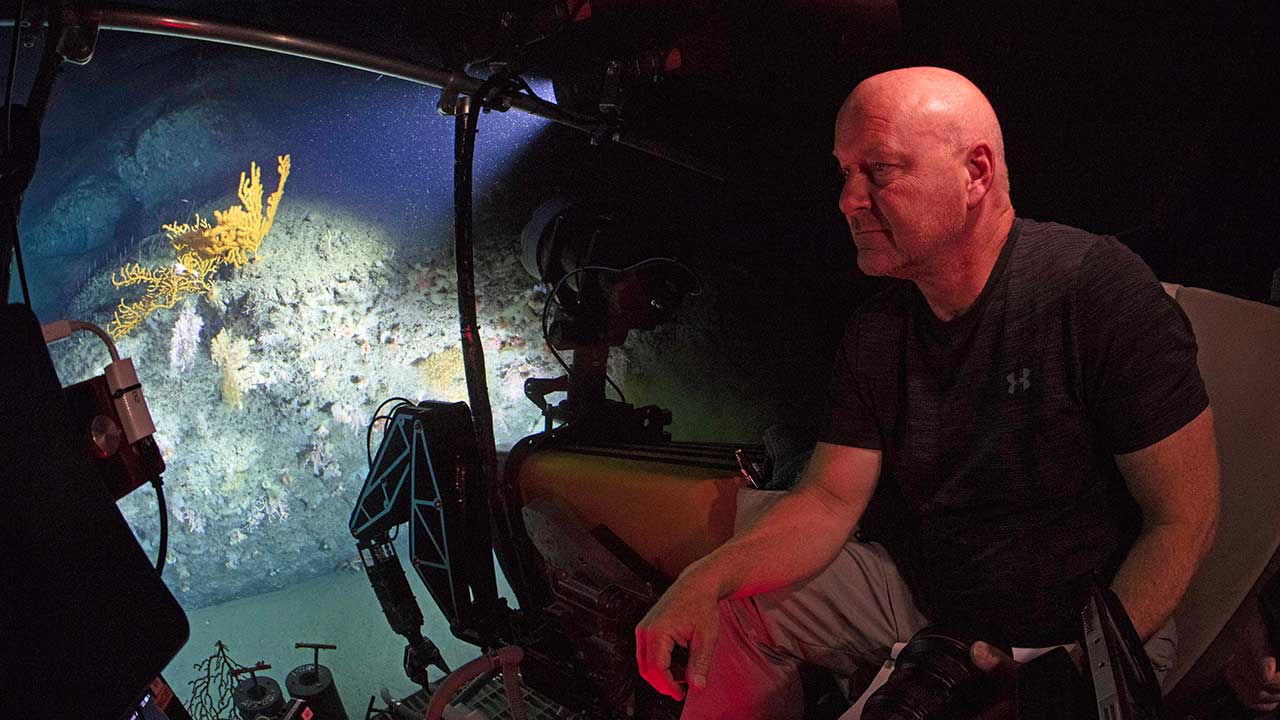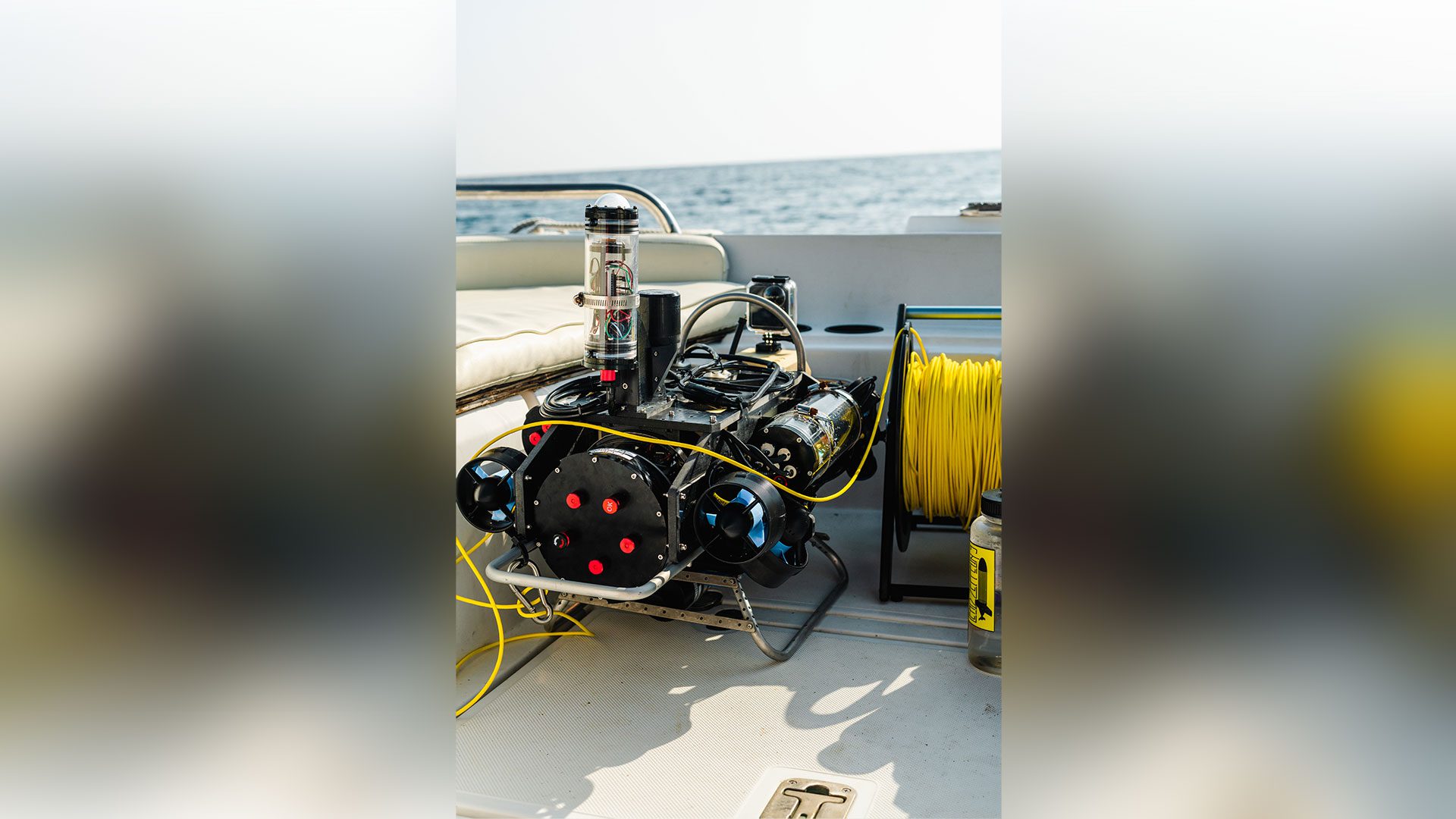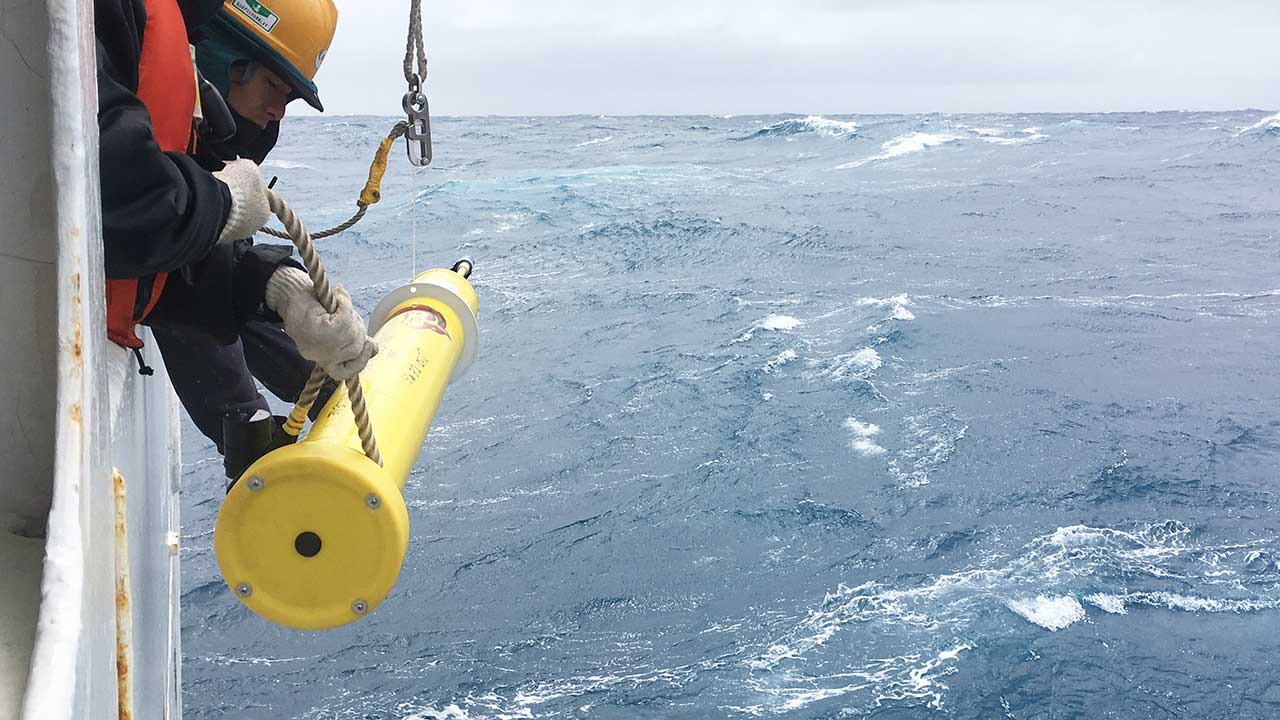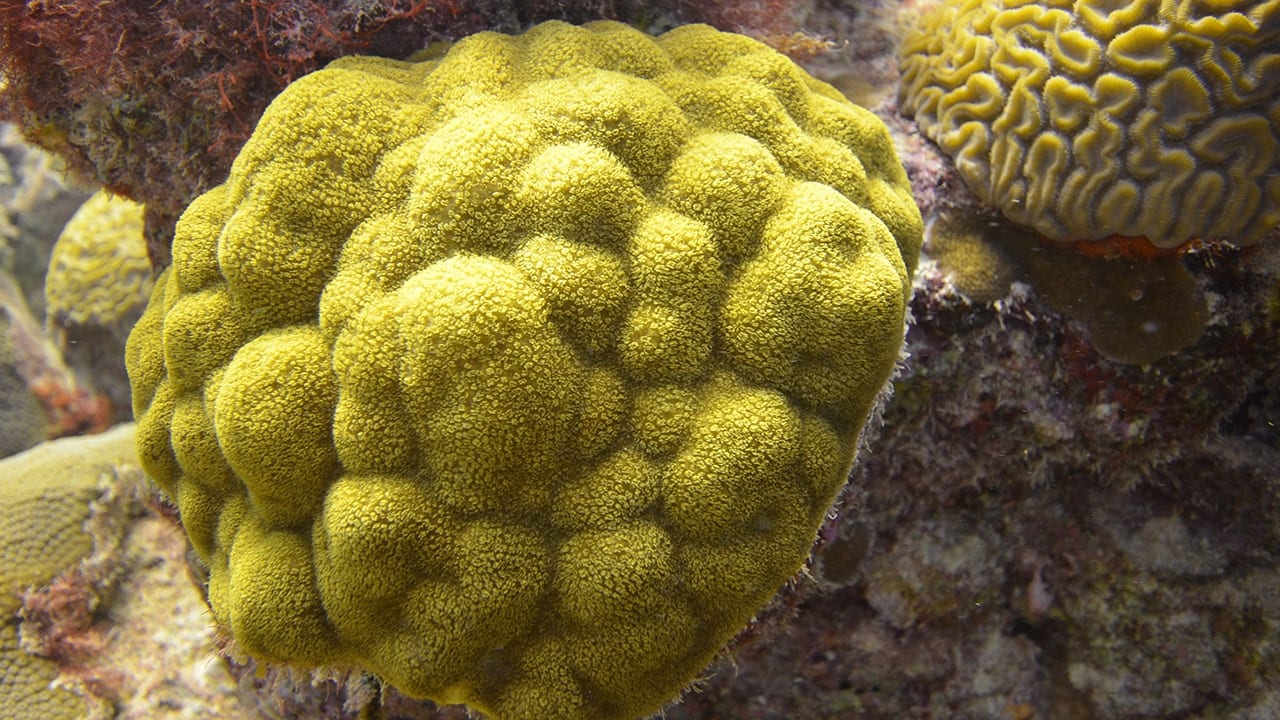News Releases
WHOI Launches Ocean Awareness Video Campaign in NYC
The Woods Hole Oceanographic Institution (WHOI) has launched a video campaign on the world’s biggest stage to highlight the importance of the planet’s largest life-sustaining feature—the ocean. The three-month ocean…
Read MoreWHOI Scientist Takes Comprehensive Look at Human Impacts on Ocean Chemistry
Numerous studies are documenting the growing effects of climate change, carbon dioxide, pollution and other human-related phenomena on the world?s oceans. But most of those have studied single, isolated sources of pollution and other influences. Now, a marine geochemist at the Woods Hole Oceanographic Institution (WHOI) has published a report in the latest issue of the journal Science that evaluates the total impact of such factors on the ocean and considers what the future might hold.
Read MoreIn CO2-rich Environment, Some Ocean Dwellers Increase Shell Production
In a striking finding that raises new questions about carbon dioxide?s (CO2) impact on marine life, Woods Hole Oceanographic Institution (WHOI) scientists report that some shell-building creatures?such as crabs, shrimp and lobsters?unexpectedly build more shell when exposed to ocean acidification caused by elevated levels of atmospheric carbon dioxide (CO2).
Read MoreClimate Change Meets Ocean Life in New Northeast Research Institute
Federal and academic marine scientists in the Northeast have combined resources in a new effort to understand how the large marine ecosystem off the northeastern U.S. functions. “I am very…
Read MoreWoods Hole Oceanographic Institution Will Lead Coastal and Global Observatories Effort
A Cooperative Agreement signed today by the National Science Foundation (NSF) and the Consortium for Ocean Leadership (OL) gives Woods Hole Oceanographic Institution (WHOI) and its partners approval to begin…
Read MoreMarine Organisms Threatened By Increasingly Acidic Ocean
Every day, the average person on the planet burns enough fossil fuel to emit 24 pounds of carbon dioxide to the atmosphere, out of which about nine pounds is then…
Read MoreWHOI Awarded Funding to Support Research and Development of Marine Carbon Dioxide Removal
WHOI researchers are among the 17 projects that have been awarded funding by NOAA’s Ocean Acidification Program on behalf of the National Oceanographic Partnership Program (NOPP).
Read MoreDiverse Corals Persist, But Bioerosion Escalates in Palau’s Low-pH Waters
As the ocean absorbs atmospheric carbon dioxide (CO2) released by the burning of fossil fuels, its chemistry is changing. The CO2 reacts with water molecules, lowering ocean pH in a process known as ocean acidification. This process also removes carbonate ions, an essential ingredient needed by corals and other organisms to build their skeletons and shells.
Read MoreCoral Reefs in Palau Surprisingly Resistant to Naturally Acidified Waters
Ocean researchers working on the coral reefs of Palau in 2011 and 2012 made two unexpected discoveries that could provide insight into corals’ resistance and resilience to ocean acidification and to aid in the creation of a plan to protect them.
Read MoreWHOI presents Centennial Medal to His Serene Highness Prince Albert II of Monaco
Award takes place at United Nations Ocean Conference, underscoring the need for global action in the protection of our oceans
Read MoreInnovative, new “road map” for kelp crop improvement
Woods Hole Oceanographic Institution (WHOI), the University of Connecticut, and Bigelow Laboratory for Ocean Sciences have executed a license agreement for a kelp germplasm, or collection of microscopic cells called gametophytes, containing more than 1,200 samples all developed and isolated by WHOI and UConn-led teams. Bigelow Laboratory’s National Center for Marine Algae and Microbiota plans to maintain, market, and distribute the germplasm collection for broad use.
Read MoreWHOI campaign sheds light on new strategies and solutions for the coral reef crisis
In advance of World Ocean Day on June 8, Woods Hole Oceanographic Institution (WHOI) is launching its Give Reefs a Chance campaign, aimed at raising awareness of what WHOI scientists and engineers are doing to tackle the corals crisis, the importance of coral reefs, and what we can all do to give reefs a chance to survive.
Read MoreEarth BioGenome Project begins genome sequencing in earnest
The Deep-Ocean Genomes Project is an ambitious effort co-led by WHOI and the University of Connecticut (UConn) to obtain fundamental new knowledge of the organization, evolution, functions, and interactions of life in one of Earth’s least-understood regions: the deep ocean.
Read MoreDevelopment of a curious robot to study coral reef ecosystems awarded $1.5 million by the National Science Foundation
A prototype of an autonomous underwater vehicle capable of navigating complex underwater environments and of collecting data adaptively over long periods of time. Daniel Hentz / ©Woods Hole Oceanographic Institution…
Read MoreNew multi-institutional grant will support a fleet of robotic floats
The National Science Foundation approved a $53 million grant to build a global network of chemical and biological sensors that will monitor ocean health.
Read MoreStudy Reveals Corals’ Influence on Reef Microbes
As they grow, corals are bathed in a sea of marine microbes, such as bacteria, algae, and viruses. While these extremely abundant and tiny microorganisms influence coral communities in a variety of ways, a new study by researchers at the Woods Hole Oceanographic Institution (WHOI), the Bermuda Institute of Ocean Sciences (BIOS) and University of California, Santa Barbara (UCSB) reveals that corals also have an impact on the microbes in waters surrounding them
Read More
